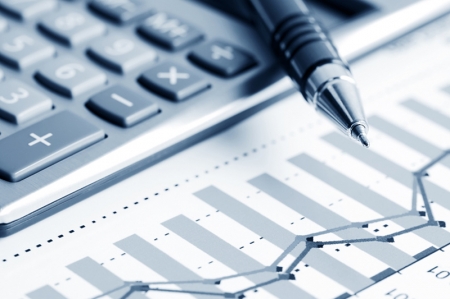
By David Brunnstrom and Phuong Nguyen
WASHINGTON/HANOI (Reuters) -The U.S. Commerce Division introduced on Friday it’ll proceed to categorise Vietnam as a non-market economic system nation, a call disappointing to Hanoi, which the U.S. has been wooing in its efforts to push again in opposition to China.
Vietnam has lengthy sought an improve, which might have lowered the punitive anti-dumping duties levied on non-market economies marked by heavy state affect. Solely 12 different economies are labeled as non-market by Washington, together with China, Russia, North Korea and Azerbaijan.
A change in standing has been opposed by U.S. steelmakers, Gulf Coast shrimpers and honey farmers and members of the U.S. Congress representing them, however backed by retailers and another enterprise teams.
“Today, the U.S. Department of Commerce announced its determination that Vietnam will continue to be classified as a non-market economy country for purposes of calculating U.S. antidumping duties on imports from Vietnam,” the division stated in a press release after a year-long evaluation.
“This finding means that the methodology used in calculating U.S. antidumping duties on imports from Vietnam remains the same,” it stated.
Vietnam’s Ministry of Business and Commerce stated upgrading Vietnam would have been an goal and truthful transfer.
“Vietnam regrets that despite several positive improvements in the Vietnamese economy recently, the U.S. Department of Commerce still has not recognized Vietnam as a market economy country,” it stated in a press release.
Vietnam has lengthy argued it ought to be freed of the non-market label due to latest financial reforms, and it has stated that retaining the moniker is dangerous for more and more shut two-way ties that Washington sees as a counterbalance to China.
Opponents of an improve have countered that Hanoi’s coverage commitments haven’t been matched by concrete actions and it operates as a deliberate economic system ruled by the ruling Communist Celebration. They are saying Vietnam is more and more getting used as a producing hub by Chinese language corporations to avoid U.S. curbs on imports from China.
A 284-page Commerce memo explaining the choice stated it was taken regardless of Vietnam’s “impressive reforms and economic growth.”
BLOW TO CLOSER TIES
Washington has labored arduous to foster nearer ties with Vietnam within the face of rising strategic competitors with China and the difficulty of whether or not to improve Vietnam has been awkward given the approaching U.S. election in November and claims by both sides that they stand for employee rights.
Some analysts stated earlier than the announcement a failure to improve Vietnam may very well be destructive for U.S.-Vietnam relations.
“Vietnamese leaders have seen this decision as an important benchmark in their improving relationship with the U.S. and the achievement of normalization between the two countries,” stated Edmund Malesky, a professor of political economic system and director of the Duke Middle for Worldwide Growth.
Murray Hiebert, a senior affiliate of the Southeast Asia Program at Washington’s Middle for Strategic and Worldwide Research, known as the choice “ridiculous.”
“Vietnam’s market is as free as many others not on the NME list,” he stated, including that the choice appeared “out of whack” with U.S. President Joe Biden’s go to to Hanoi final yr, when the 2 sides elevated ties to a complete strategic partnership.
U.S. Treasury Secretary Janet Yellen has additionally promoted Vietnam as a “friend-shoring” vacation spot to shift U.S. provide chains away from China.
Hosuk Lee-Makiyama, director of the Brussels-based European Centre for Worldwide Political Economic system, stated that even when the Biden administration had been to have taken the politically dangerous step of upgrading Vietnam, it might have been a pyrrhic victory provided that any future Trump administration was sure to reverse it.
Nazak Nikakhtar, a former Commerce Division official within the Trump administration now with the Wiley Rein regulation agency, stated the choice mirrored “ample” proof from business teams “that Vietnam’s economy has not transformed to the extent that would warrant treatment as a market economy.”
“Ignoring distortions in the economies of trading partners is unfair and prejudicial against American interests,” she stated.




